MORTGAGE APPLICATION PROCESS
COMMERCIAL MORTGAGE SERVICES
Application & Process
Application
Lenders care mainly about the following during the loan application process; the historical and current performance of the subject property; your personal financial strength as a borrower; and your experience as an investor or operator of income-producing assets (whether as a business owner, landlord, or property manager).
What Should You Expect?
After communicating your loan needs to the experts at Realty Yield, we will request that you provide some preliminary information that will allow us to begin "shopping" for the best loan for your particular needs. These items will include:
- Description and details about your (subject) property
- Current loan/mortgage information
- Resume/Bio for each borrower
- Personal Financial Statement (PFS) for each borrower
- Schedule of Real Estate Owned (SREO) for each borrower
- Current rent-roll for your (subject) property
- Prior two-2 years and year-to-date Operating Statements
From here, you will receive one or more loan quote offers from the lenders in our network. After selecting from those preliminary offers, the process of making formal loan application will begin. The chosen lender will pre-underwrite your loan to evaluate the risks related to your credit, capacity, and the condition of your collateral. Once the preliminary underwriting is complete, the lender will provide you with a Term Sheet – also known as a Letter-of-Intent (LOI), outlining the full expectations for the loan. From there, the lender will order an appraisal, any other required third-party reports and move your file through the formal underwriting process. The Credit Department will then generate a FINAL Commitment Letter and close the transaction through escrow.
What’s Needed?
In the early phase of the application process, you should expect prospective lenders to ask for resumes or bios demonstrating your track record with past commercial mortgages, investment properties, or small businesses. As you move through the underwriting process, your chosen lender will need more formal documentation (see Documentation section below) to fully underwrite your loan. The lender will conduct a credit check, and possibly (depending on the lender) require a background check. The lender may also want to review your business plan, references, financial statements, or current proof of your net worth.
How Long Will It Take?
Every lender operates on its own schedule and some are faster than others. Having the experts at Realty Yield connect you to the right lenders will streamline the process to help move things as quickly as possible. The timeline varies depending on your mortgage needs: For short-term bridge or private financing, we can help borrowers see fast closings, usually within 30 days. For first-lien mortgages up to $10M, timelines between 45 and 75 days should be expected.
Documentation
The documentation you will need to provide for the underwriting of your apartment/commercial mortgage varies depending on the type of loan and the amount of capital you want to borrow. In general, the more documentation provided, the better the rate/terms.
Borrower
- Name of entity (organizational chart if applicable)
- Personal Financial Statement (PFS)
- Schedule of Real Estate Owned for each borrower/guarantor (SREO)
- Resume/Bio for each borrower/guarantor, if applicable
- Bank statements for verification of deposits
- Last 2-3 years of tax returns
Property
- Current rent-roll (including all months up to closing)
- Operating statements for prior two-2 tax years and current year-to-date
- Copy of all leases
- Delinquency report and any outstanding accounts receivable
- Copy of utility bills for last 12 months
- Documents related to maintenance history
- List of capital improvements made over the last 5 years
- Copy of all operating and service contracts with vendors
- Certificates of occupancy, if available
- Proof of building code compliance including operating licenses and permits
- Title report per lender requirements
- Description of subject property including representative photos
- Personal property list that goes with the subject property
- Insurance company and policy information including claims history
- Name of Property Management company, if applicable
- Property inspection report, if requested
- Appraisal (ordered by lender)
- Phase I environmental (if required by lender)
- ADDITIONAL (if available): survey and site plan, floor plans, engineering reports, environmental audits, presence of underground storage tank-s, notices from government agencies, pending lawsuits, etc.
NOTES FROM OUR CLIENTS
“If you own real estate, sooner or later you will go on a search for 1031 exchange options. Mike Carlson is both a road map and personal tour guide. He is thorough, sticks strictly to 1031 time-line rules, and is an excellent negotiator. Mike has both knowledge and experience in creating private TIC opportunities."
Colleen K.
Oregon
"I have been working with Mike on multi-family investments for over twenty years. The reasons are simple: experience, depth of knowledge and advocacy."
Gary M.
Oregon
“Mike Carlson is great, very professional, experienced, and comfortable to work with. Mike took me, a private investor and calmly, carefully, and completely took me through the entire process: analysis of my portfolio, investment scenarios, identification and purchase of appropriate properties and follow-up management. I would not be where I am without them! It has been over twenty years now."
John B.
Oregon
OREGON REAL ESTATE BROKER
Our commitment, knowledge, and experience make us the best, most complete, one-stop resource for assisting real estate investors in creating lasting wealth through income-producing real estate.
All Rights Reserved | Realty Yield
